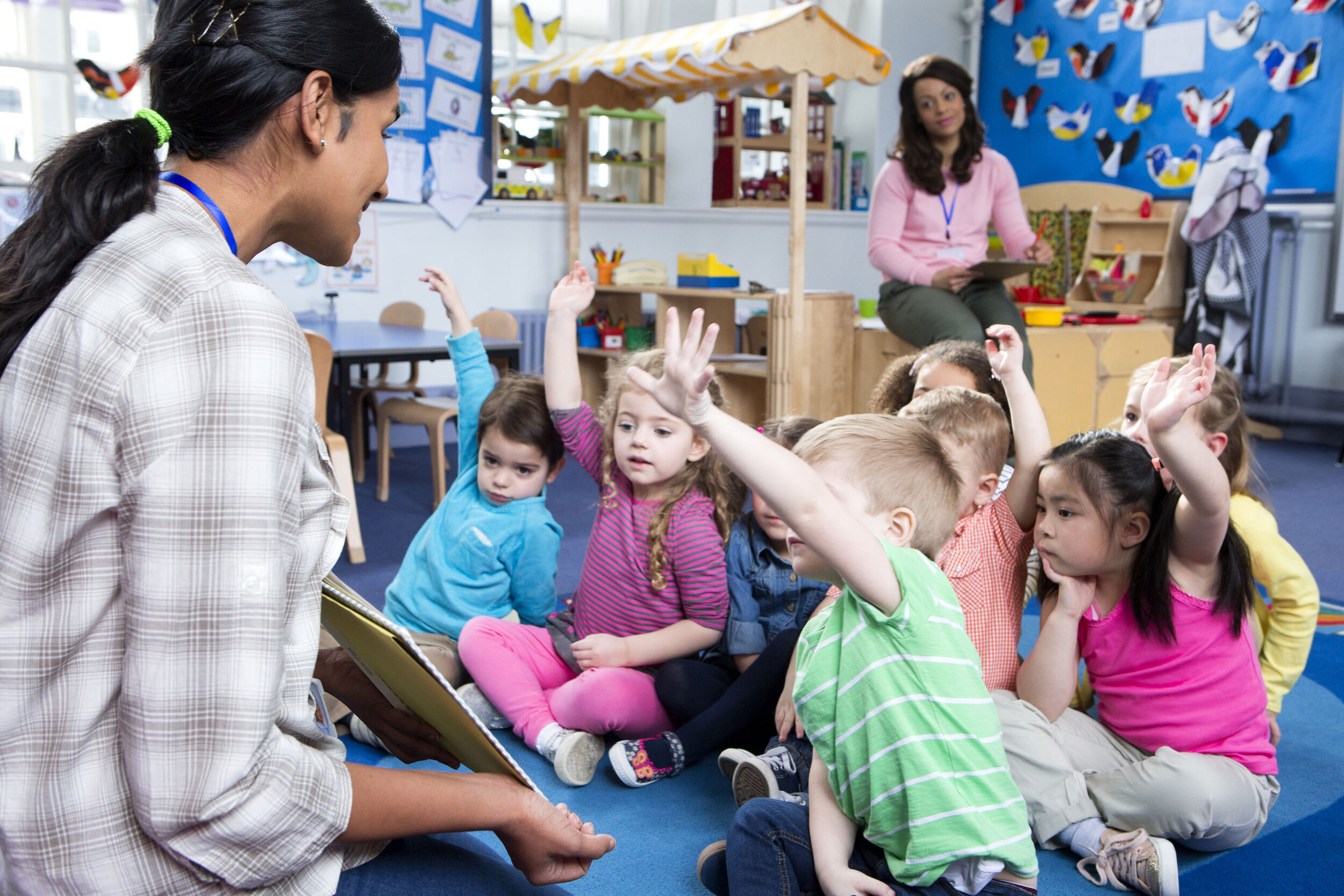What if you felt like a rock star when it came to challenging behavior?
What if you felt complete confidence in your ability to connect with and support even the children who challenge you most?
Sure, sometimes it still seemed impossible to connect with certain children...but that didn’t discourage you in the least because you knew: this is normal too. So you didn’t let it make you feel bad and you kept persevering and eventually? CONNECTION!
What if instead of feeling like nothing you tried worked when it came to that child who throws chairs, kicks, spits, swears at you, or runs and hides you had tools that prevented the behavior at about 95% of the time…
...and the other 5% of the time - when prevention failed - you STILL didn’t worry cause you knew how to keep yourself calm, keep kids safe, and de-escalate the child who was being aggressive or throwing a fit?
It. Is. Possible.
How do I know?
Cause I’ve experienced that transformation myself and for the children I worked with.
I went from discouraged and hopeless about behavior to feeling skilled, empowered, and ever-hopeful.
When I was in my early days of early childhood teaching I looooved planning curriculum, interacting with children during centers, planning art projects and leading circle time.
BUT. Day, after day, after day…
...I went home discouraged - sometimes in tears - thinking that maybe I had chosen the wrong field.
I couldn’t get Robert to line up or come back from the neighborhood park.
Next thing you know he was on the ground having a fit and kicking me for all the neighborhood moms, babysitters and the occasional dad or grandma to see…
...my co-teacher and teachers from another class at our center witnessed this humiliating event of me not being able to turn this situation around, and eventually one of my co-workers offered to “trade places” with me.
Robert was also a kid who knocked down the other children’s block structures and hit them, seemingly for no reason.
No matter how many times I spoke to him, no matter how many times I put him in time out (yes we did that - don’t judge me!), no matter how many times I told him that the consequence was no more block time: it happened again and again and AGAIN.
(I’ll spare you the stories of some of the other children I struggled with. I’m sure you can imagine!)
THEN a few things happened that changed my life and subsequently changed the life of the children I worked with (sadly Robert had already moved on from my class so it was only the children who came after him that benefited).
I found an amazing early childhood mentor to learn from! This was someone who’s approach resonated with me deeply. She recommended reading material and videos. She coached me. I felt like I had found my early childhood home.
I dove deep into learning early childhood strategies that matched my goals and beliefs - Vivian Paley books, How to Talk So Kids Will Listen and Listen So Kids Will Talk and many other books on things like art and literacy, published by the National Association for the Education of Young Children (NAEYC).
I joined a community of other early childhood teachers for support - we shared similar struggles and goals, shared resources, supported each other in learning and cheered each other on as we implemented new ideas!
Flash forward a few years and I got one of the most defiant and aggressive children I have ever worked with.
Okay okay, full disclosure: Annalee’s reputation preceded her and I did balk. Maybe I wasn’t qualified to work with her, what if nothing I tried worked?But my supervisor at the time said, “we gave her to you because you’re good with social-emotional” and I repeated that in my head, like a mantra.
Sure enough with my mantra on repeat coupled with 1) all that I was learning from my mentor, 2) the support of the community of ECE teachers I belonged to, and 3) the strategies from my most favorite books - I was able to be successful with Annalee!
So...my recommendation to you, if you are open to receiving it is: find a mentor, find a community, and take a deep dive into learning strategies and approaches from experts whose work you respect and with whom you share beliefs about young children, teaching and learning.
Easier said than done, of course!
But what do you think - sound good? Let me know BELOW.

